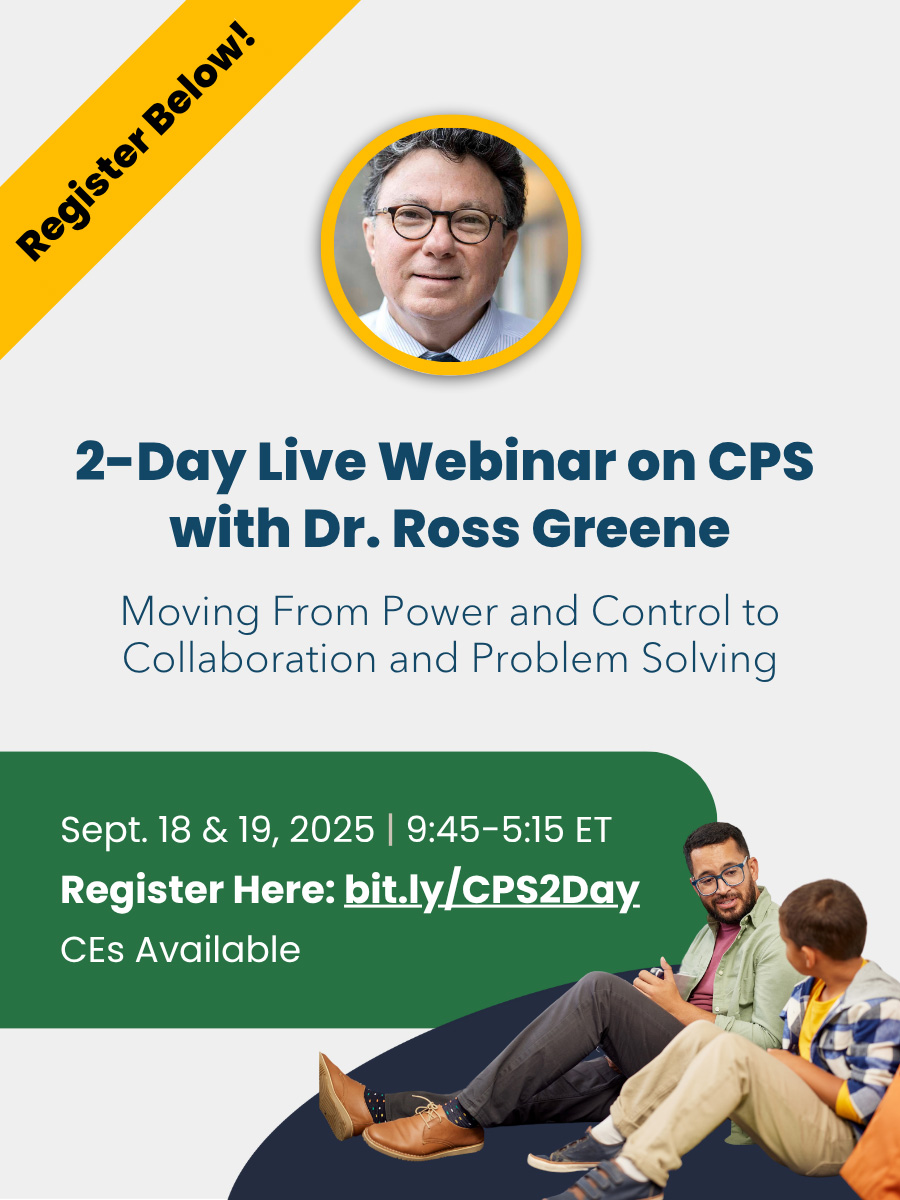Hi, Ross Greene here. Since I’m the target of this post, I can’t help but respond.
While Dr. Baeder is clearly dialed in to the unreasonable demands that are being placed on educators these days, he is far less knowledgeable about the evidence-based Collaborative & Proactive Solutions (CPS) model I originated. Having worked with thousands and educators and hundreds of schools, I know that teachers aren’t therapists. I know that teachers have way too much on their plates. And I know that concerning behaviors in schools are a bigger problem than ever before. I’ve learned a lot from my colleagues in education; they tell me they’ve learned a lot from me too…though I’ve never told any of them how to “run their classrooms.” Framing complex issues plaguing schools as an issue of therapists versus educators — us versus them — only causes people to stop listening to each other. Though doing might well enhance TikTok clicks, it doesn’t solve anything.
The idea that therapists are the only ones who can solve problems with kids is simply nonsensical. Teachers have always solved problems with their students…doing so is very much in their lane. And teachers have always been among the most important socialization agents in our society. Why would we take them out of that role?
The fact that teachers don’t have time to solve problems with their students is an indictment of the schedule and priorities, not problem solving. I know many school leaders who’ve done something about those problems. Dr. Baeder, you might like to talk with some of them. They know that sending students to someone else — counselors, school psychologists, principals, assistant principals – for problems to be solved and discipline to be administered hasn’t worked well at all and is extremely time-intensive. They know that the CPS model doesn’t remove students’ locus of control – quite the contrary — doesn’t coddle or enable them (please), doesn’t “explain away” their concerning behavior, and doesn’t blame adults for that behavior.
What the CPS model does do is bring the research that has accumulated over the past 40-50 years on kids with concerning behavior – and what’s really going on with them – straight into the classroom (where it belongs). We don’t teach reading the same way we did 30 years ago; our disciplinary practices and structures are in need of some updating as well. That’s not a bad thing for educators and kids…it’s a good thing. Dr. Baeder, you have an open invitation to learn more about the CPS model so you can express a truly informed view of the model and understand how it has helped schools dramatically reduce or eliminate discipline referrals, detentions, suspensions, restraint, and seclusion. Not by coddling or enabling students, but by solving problems with them…as educators have always done.







